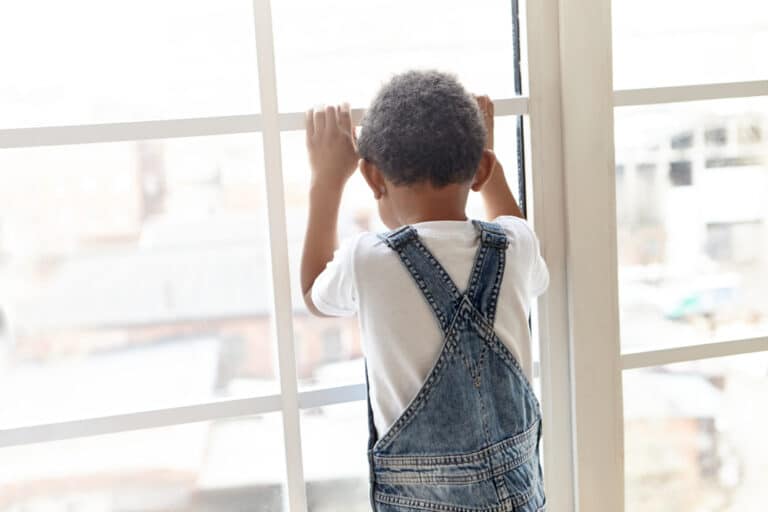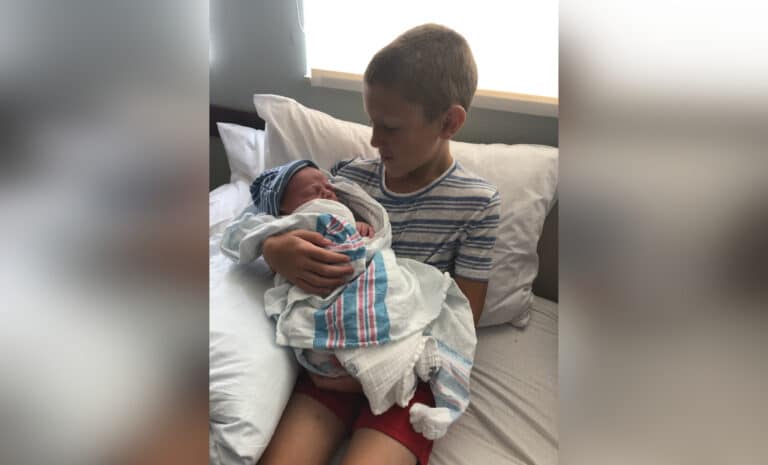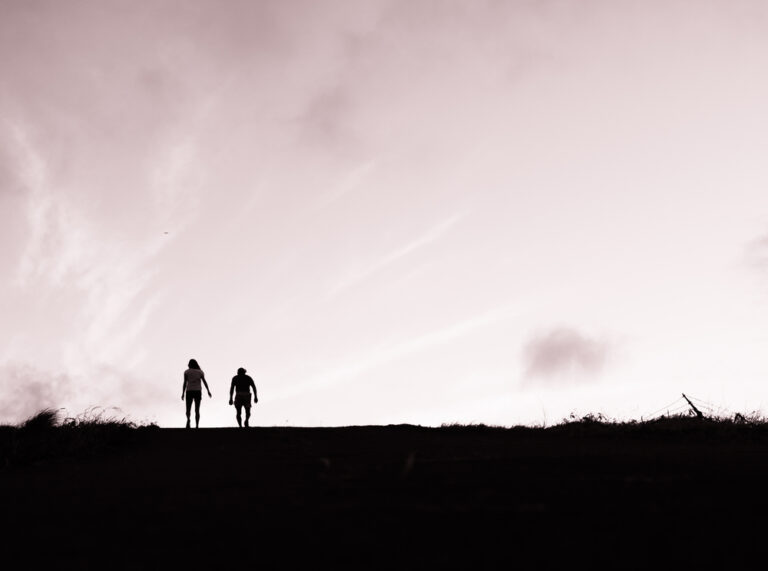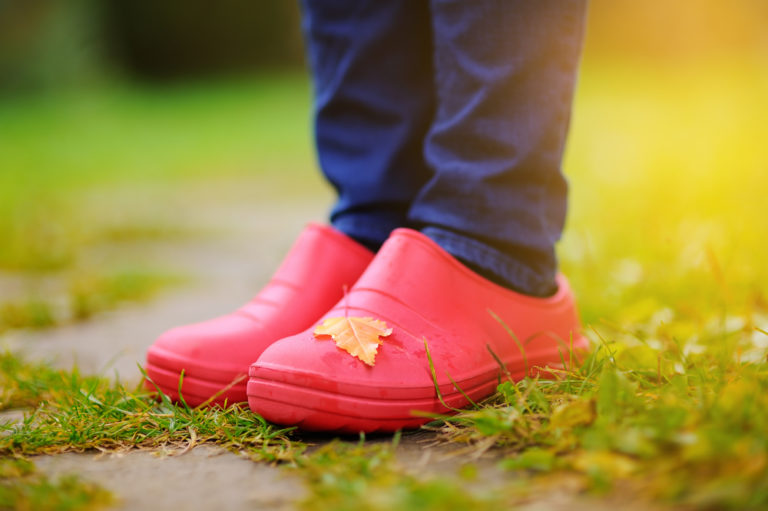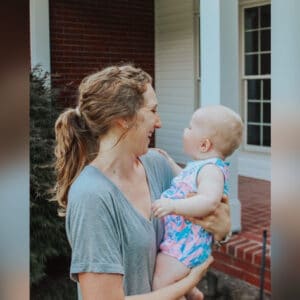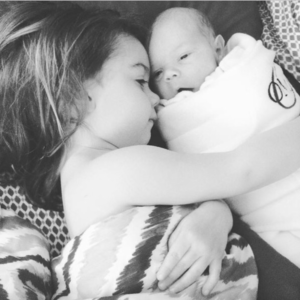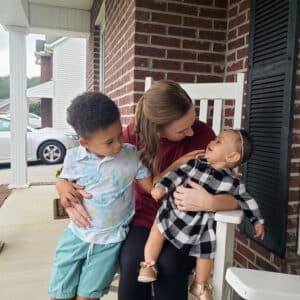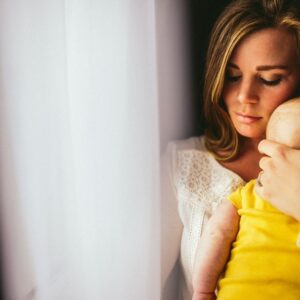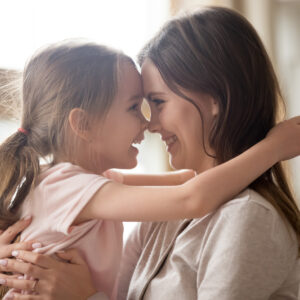Children are resilient and I believe many people use this logic to think children will be just fine after something happens. And while they are truly able to overcome so much, it is unfair to assume they will be just fine after a tragedy occurs.
As a society, I believe we can be dismissive of a child’s mental health. Especially during a pandemic, kids have developed newfound anxieties that really didn’t exist prior to this. The things we used to be able to do freely, we can’t do anymore, or if we do, it comes with more rules.
So many times, we want to protect our children from the hurts of this world.
Family dynamics have changed over the last century. Children used to live with their extended grandparents, so seeing a sick and dying grandparent wasn’t out of the ordinary. Today, we often don’t live with our grandparents so we have chosen to keep our children away from death. We don’t take our children to funerals because frankly, it is hard to answer difficult questions about death to kids when they can’t always fully grasp the concept.
My family was not given a choice. My 7-year-old son was admitted to the hospital on a Sunday and died six days later. We did not have time to prepare our 3.5-year-old son that his brother was going to die. We had 12 hours.
With the help of the child life specialists at the hospital, we told our son that his big brother no longer needed his body. We had to tell our very young son that his brother was going to die and it was the hardest thing I’ve ever had to do. There is no handbook on these types of situations.
RELATED: Siblings Are the Forgotten Grievers
I didn’t know how to help a grieving child while I was grieving myself. I was looking for books, websites, local organizations, anything I could find to help me try to make sense of this to my son. Statistics say that children don’t understand the permanence of death until they are about 4 1/2 years old.
I had to surrender and ask for help. We found an amazing play therapist who helped our son process his feelings about his brother’s death. She helped me just as much because she was able to help me differentiate between what was normal and what was not because it all felt abnormal to me.
My son regressed in some ways after his brother’s death. He used to do most things independently but was unable to do certain things like putting on his own shoes. This is a way that a child grieves.
My son would be playing with toys and out of nowhere say, “Mom, does my brother still have a tongue?” and then go back to playing.
Children grieve in bursts.
My son would say, “Mom, I’m not sad that my brother died. I don’t need to cry.” I would say, “That’s OK, son. Everybody shows their sadness in different ways.” Children don’t always cry when they are sad and that is OK.
My son was absolutely terrified that I would not come back to get him from school. His brother was there one day and gone the next. In his little mind, his brother didn’t come back, and as he’s gotten older, he is starting to realize that I could die or he could die. He has anxiety that was, at times, almost unmanageable. This is another part of a child’s grief.
My son displayed a lot more anger and explosive behavior. Death brings out big feelings that children don’t understand. In reality, death brings out feelings that adults can’t understand, so it is completely understandable that children would have feelings they don’t understand.
I have also experienced him overcoming so much. Through so much pain and heartache, he has a renewed sense of life.
He is back to my care-free, worry-free child, and I get to experience him being a kid again.
RELATED: I’m Sad But I’m Not Sure How to Show it: What Grief Looks Like For Young Children
Unfortunately, my son realized very early in life, that children die. When we go to the playground, he tells other kids because it is very much a part of who he is. Losing his brother at such a young age has already made him more of an empathetic person. He thinks about others and is not blind to the pain people have.
If you are parenting a grieving child while you are grieving, I want you to know there is hope. It is not easy, and I don’t wish it upon my worst enemy but, with help, you can come out on the other side.

If you liked this, you'll love our book, SO GOD MADE A MOTHER available now!
Order NowCheck out our new Keepsake Companion Journal that pairs with our So God Made a Mother book!
Order Now


